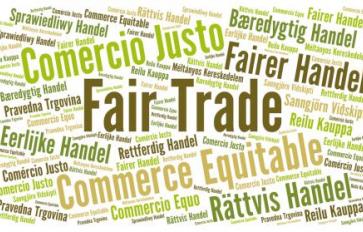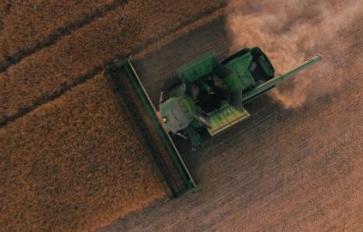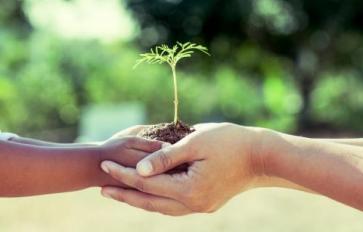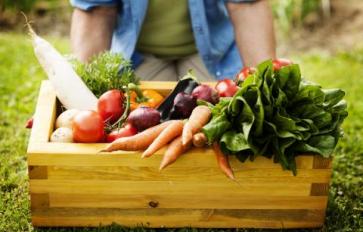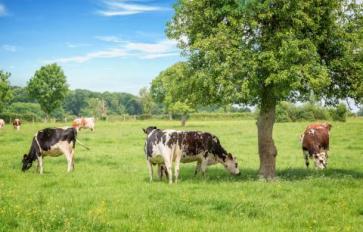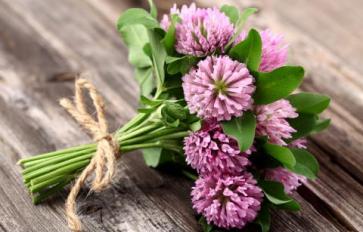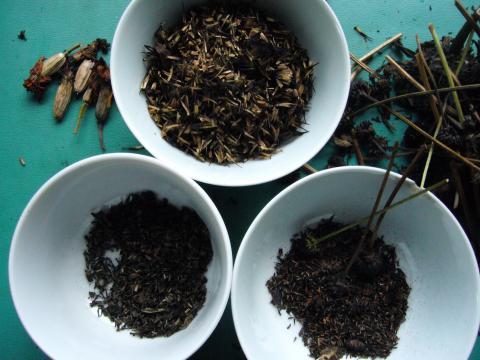
Seed saving, or the collecting and preserving of seeds from wild or agricultural plants, is a practice that dates back to the origin of farming.
It was by learning to save seeds from the plants we used that we were able to start cultivating crops, rather than going out and foraging for them in the wild. Simultaneously, the practice allowed people to bring their favored crops with them wherever they went.
As groups of people migrated around the world, they brought crops with them, sometimes introducing plants to new regions. As crops moved, and were cultivated and traded in foreign lands, they began to become increasingly differed from their wild counterparts.
Seeds that are capable –given good conditions– of sprouting and growing to maturity are called viable seeds. If a farmer plants a handful of viable seeds, those which are best adapted to the environment will be the ones to survive long enough to make their own seeds, via natural selection. Someone saving seeds gets to look at the crop of survivors and then say, “I only want beans from the bushiest individuals.” Or perhaps, from the plants with the plumpest pods, or the reddest beans, or the plants with the least pests, etc. This process is called artificial selection, and it is how seed breeders have molded the features of the food crops we eat today. As the practice of seed saving evolved, so did the crops that seed savers dealt with.
By saving seeds, trading them, and selectively breeding crops in isolated regions around the world, some 7,000 different species of food crops have been cultivated worldwide to date.
However, since the beginning of industrial agriculture, seed saving appears to be disappearing as a common farm practice. Large corporations adopting mechanical and industrial tactics have dominated the food, and the seed, industry. Of the thousands of crops to choose from, only about 30 make up the vast majority of food energy grown today. Similarly, a nation once full of seed saving farmers has boiled down to a handful of corporations controlling seeds. These corporate entities hold the contracts which represent the vast majority of seeds being grown for food production in this country.
Revitalizing the practice of seed saving is crucial to our collective food security. The fact that our entire seed market is dominated by just a few large companies is disconcerting to say the least. With seeds being the essential starting point of all food crops, if one entity were to gain a monopoly on seeds, then they could effectively control the entire food system.
Additionally, by cultivating mass quantities of only a few different varieties of seeds, we are leaving our farms vulnerable to widespread epidemics of pests or disease.
Whereas there were once hundreds of varieties of corn being cultivated in the Americas, today in the U.S. we are primarily growing just one. Therefore, all it would take is one resilient pest or disease to potentially wipeout a hearty chunk of all the corn we are currently growing. That would mean widespread famine.
The simple solution is to diversify our crops. By cultivating more varieties of crops, farmers increase the likelihood that some of their crops will resist whatever plight may come along next. If every corn farmer found at least one other variety of corn that they liked to grow, and continued to grow and save seed from it, soon we’d have an incredibly diverse corn crop in the US, and one that is more resistant to widespread disease and pests.
For small farmers and gardeners, seed saving allows one to save a little money through growing their own seeds rather than buying more. It also can be a means of connecting more deeply with one’s crops by observing their complete life cycle and assisting with their propagation.
Here are a couple of ways to join or support your local seed saving community:
1. Save seeds from your own garden. You’ll save a little money, and you can play with hybridizing varieties, or selecting for ideal traits.
2. When you buy seeds, seek out a local seed breeder or seed company. Ask to ensure that the seeds are grown organically, and that the varieties are public domain.
Photo Credit: "Seed Saving" by kt.ries is licensed under CC BY 2.0


